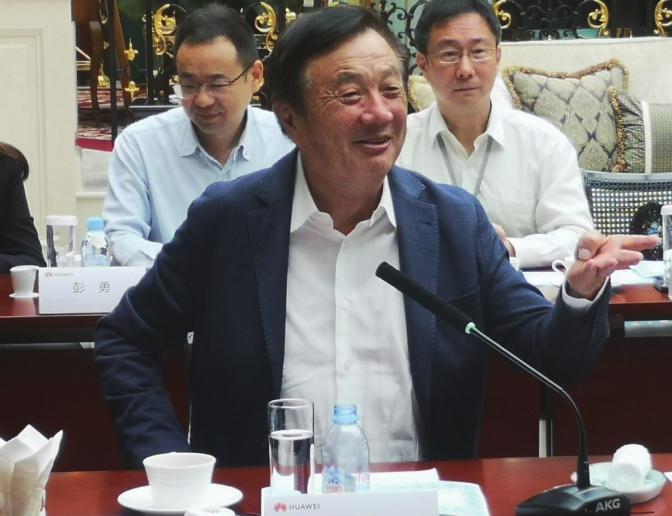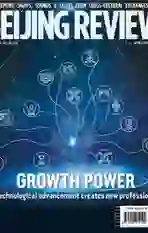Huawei’s Products Should Not Be Linked to Politics
2019-06-03
Huawei is a commercial company with the choice to use its products left to consumers personal preferences and not to be linked to politics, said Ren Zhengfei, founder and President of Huawei Technologies Co. Ltd., on May 21.
After the U.S. Department of Commerces Bureau of Industry and Security put Huawei and its affi liates on its Entity List, restricting the sale or transfer of U.S. technologies to the company, it issued a 90-day temporary license on May 20, which loosened restrictions on business deals with the Chinese telecommunications giant.
The ban has triggered opposition from markets worldwide.
Huawei is lodging a lawsuit against the U.S. Government over previous sanctions and restrictions, Ren told reporters at Huaweis headquarters in Shenzhen, south Chinas Guangdong Province.
In response to the temporary license, Ren said what is most important for Huawei is to do its own thing well. “We cannot control what the U.S. Government will do.”
Huawei will maintain mass production of specifi c key components, including chips, so the U.S. ban will not result in negative business growth, Ren said.
The company posted 39 percent yearon-year revenue growth in the fi rst quarter of the year, but the growth slowed to 25 percent in April.
The slowdown will not hurt the company since slower but positive growth has been projected for this year, Ren said.
Huawei has received widespread global support, he said, noting that although Huawei never wants to “walk alone,” it has made adequate preparations for any adverse circumstance.
“Huawei was prepared for extreme situations even before the Chinese Lunar New Year,” he said.
Ren also indicated that Huawei will not stop buying products from the U.S. supply chain, citing its 2018 announced purchase of 50 million chips from Qualcomm.
“As long as the U.S. Government allows U.S. companies to export components, Huawei will continue to buy them while en- hancing its own research and development(R&D),” he said.
The executive also said that he appreciates the support over the years of a large number of U.S. component suppliers, who are currently lobbying for the easing of U.S. Government-imposed restrictions.
Huawei is also in talks with companies like Google to seek potential solutions, he stated.
The U.S. restrictions will have an impact on Huaweis low-end products, but will not affect its high-end products, particularly in the 5G sector, Ren said, adding that rivals will not catch up with Huaweis 5G technology for another two to three years.
Huawei should not be restricted just because of its leading technology position, he remarked.
“Our work is for the benefi t of all of humanity,” he said, adding that Huaweis 5G equipment would greatly reduce the cost of global telecom network construction.
The company has established dozens of R&D centers around the world and is still keen on taking part in global scientifi c research, he said.
Even a setback to the companys finances will not affect its spending on R&D, he said, since the firm has thousands of experts in basic research and nearly 70,000 senior engineers.
In response to U.S. questions about Huaweis governance structure, Ren said its ownership structure is transparent and in line with Chinese laws. Moreover, over 80,000 employees recently participated in a vote to elect employee shareholder representatives.
